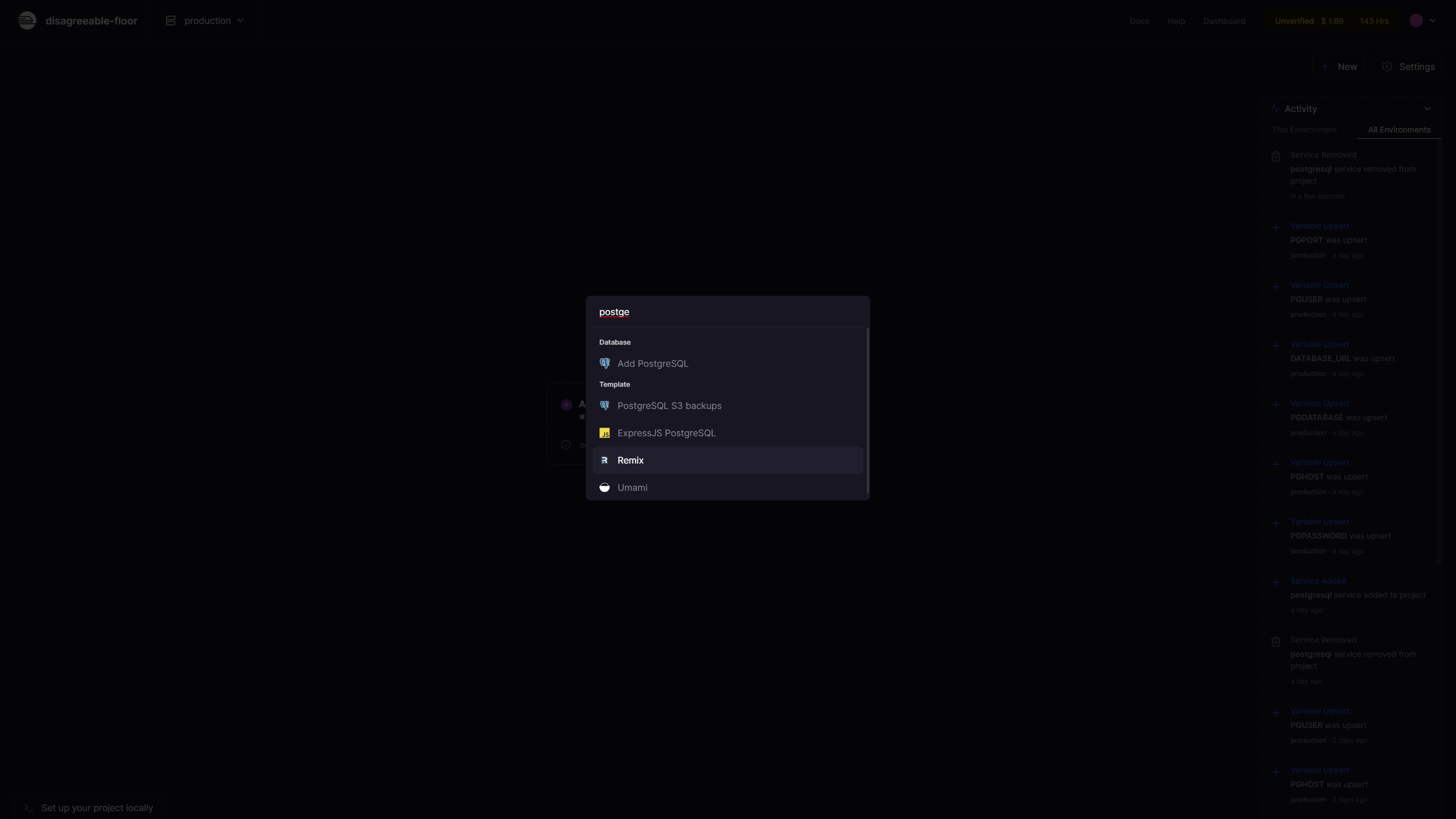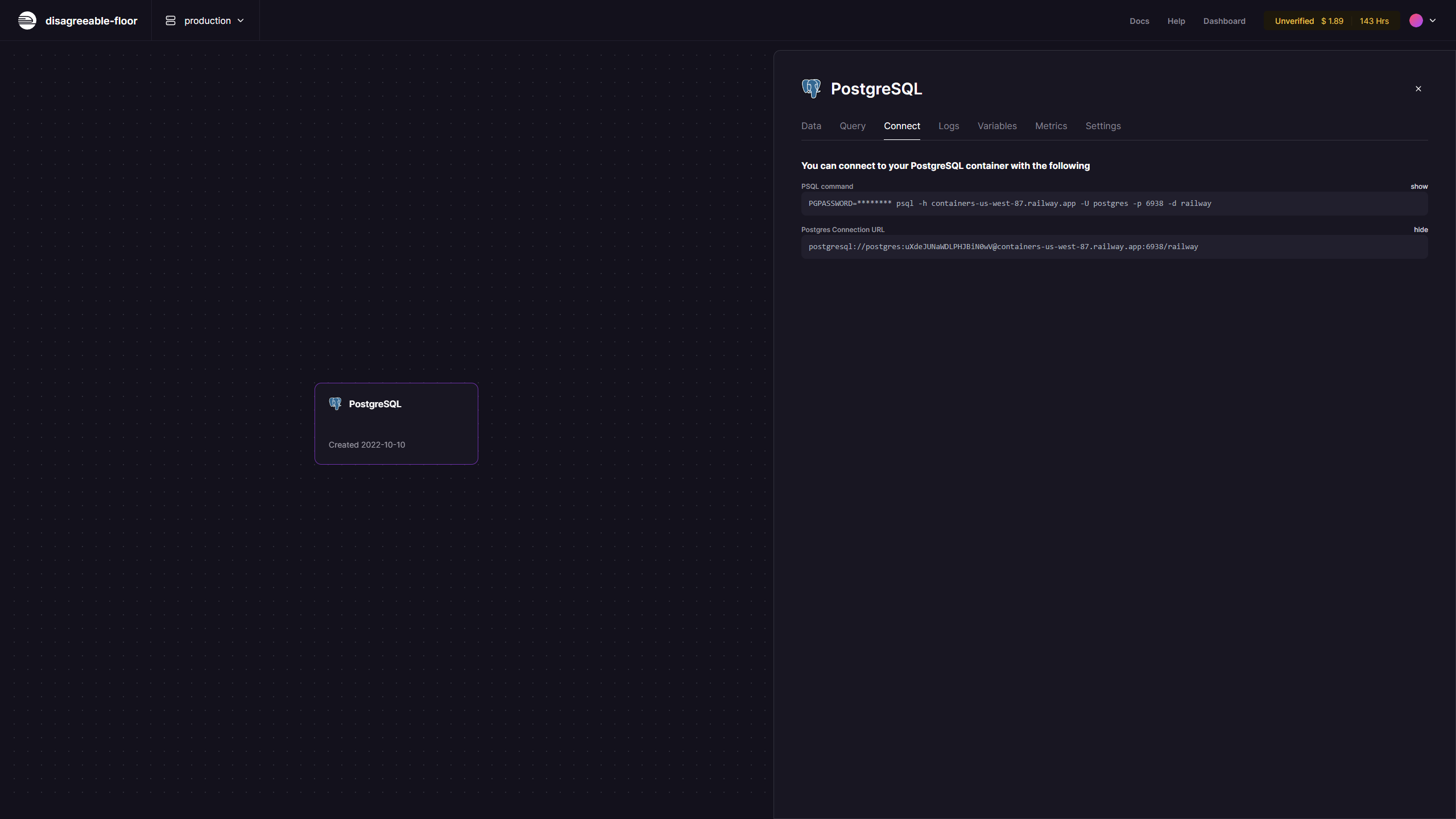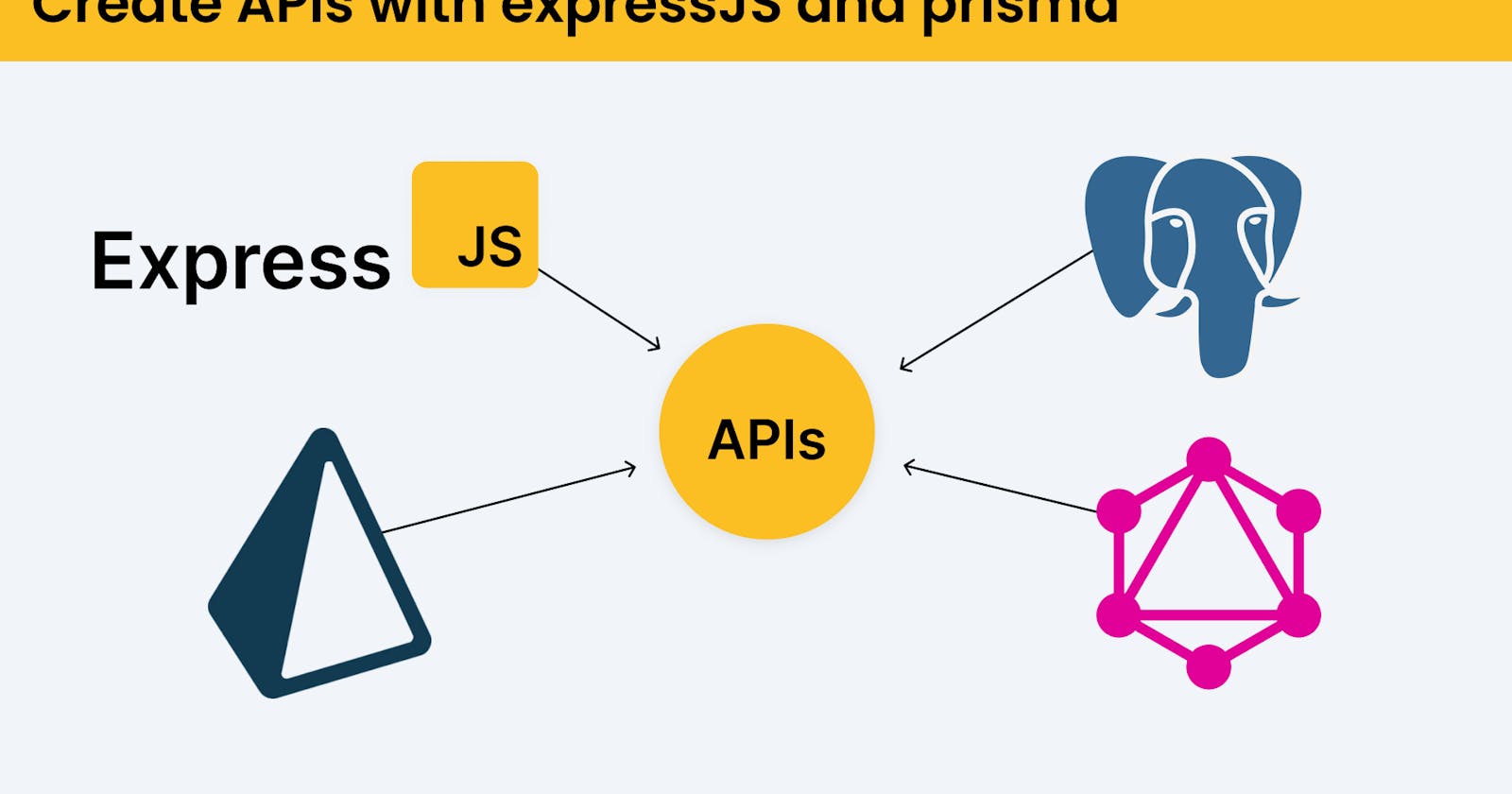Welcome friends to this new blog. In this blog, you will learn how to set up APIs with the help of an express server. You will learn how to integrate graphql in the express server.
GitHub link — https://github.com/nextdev1111/prisma-postgres-graphql-express
Youtube Link -- https://youtu.be/AhNPzf8fHX4
📒Notes
I will be using pnpm for this project but the tutorial will show you how to do it with npm.**
We will be using typescript for this project.
Step1: 📦 Setup
Make a folder by whichever name you want but you need to consider npm naming restrictions.
Then run this command
npm init -y
Make another folder named src. Make a file named index.ts in the src folder.
[root folder]
--- src
--- --- index.ts
To install dependencies and setup typescript
This will install dependencies 👇
npm i @graphql-tools/schema @prisma/client dotenv express graphql express-graphql
This will install dev dependencies 👇
npm i -D @types/dotenv @types/express @types/node prisma ts-node typescript
This will download the below packages 👇
{
"name": [YOUR-PROJECT-NAME-HERE],
"version": "1.0.0",
"description": "",
"main": "index.js",
"scripts": {
"test": "echo \"Error: no test specified\" && exit 1",
"dev": "nodemon src/index.ts",
"build": "tsc -p ."
},
"keywords": [],
"author": "",
"license": "ISC",
"dependencies": {
"@graphql-tools/schema": "^9.0.4",
"@prisma/client": "^4.4.0",
"dotenv": "^16.0.3",
"express": "^4.18.2",
"express-graphql": "^0.12.0",
"graphql": "^16.6.0"
},
"devDependencies": {
"@types/dotenv": "^8.2.0",
"@types/express": "^4.17.14",
"@types/node": "^18.8.3",
"prisma": "^4.4.0",
"ts-node": "^10.9.1",
"typescript": "^4.8.4"
}
}
Then type 👇 to create a tsconfig file.
npm install -g typescript
tsc --init
Step2: 🗃️ Prisma Setup with postgress database
Type this command in your terminal
npm prisma init
Prisma will set up two things in your root folder.
Prisma folder
.env file
In the prisma folder, you can find schema.prisma file.
// This is your Prisma schema file,
// learn more about it in the docs: https://pris.ly/d/prisma-schema
generator client {
provider = "prisma-client-js"
}
datasource db {
provider = "postgresql"
url = env("DATABASE_URL")
}
model Post {
id String @id @default(cuid())
text String
createdAt DateTime @default(now())
user User @relation(fields: [userId], references: [id])
userId String
}
model User {
id String @id @default(uuid())
name String
posts Post[]
}
Let’s add a database now.
go to https://railway.app/
Click on start new project
You can set up a PostgreSQL database. If you find any problem, you can also watch the youtube video.


Then, you should copy the postgresql database connection key
Then go to .env your project’s root folder.
Then change the connection string in your .env file.
→ Remember to also include the password in the connection string.
Then type
prisma db push
⚠️Errors
If you face any errors, you should check the connection string.
Step3: ✨Express Server
This is the basic express server
import express, { Request, Response } from "express";
import { PrismaClient } from "@prisma/client";
const app = express();
// instance of prisma client
const prisma = new PrismaClient();
// middlewares
app.use(express.json());
app.get("/", async (req: Request, res: Response) => {
const posts = await prisma.post.findMany();
return res.status(200).json({ success: true, posts });
});
app.post("/", async (req: Request, res: Response) => {
const { text, userId } = req.body;
const post = await prisma.post.create({
data: {
text,
userId,
},
});
return res.status(201).json({ success: true, post });
});
app.listen(3000, () => {
console.log(`Listening to 3000`);
});
If you want to add an entry to your database. You can also use prisma studio
npm prisma studio
Step4: 💪Grahpql Integration
import express, { Request, Response } from "express";
import { PrismaClient } from "@prisma/client";
const app = express();
// instance of prisma client
const prisma = new PrismaClient();
// graphql
import { graphqlHTTP } from "express-graphql";
import { makeExecutableSchema } from "@graphql-tools/schema";
// graphql models
const graphqlModels = `
type Post{
id: ID
text: String
user: User
userId: String
}
type User{
id: ID
name: String
posts: [Post]
}
type Query{
getPosts: [Post]
getUsers: [User]
}
`;
// Graphql Resolvers
const resolvers = {
Query: {
getPosts: () => {
return prisma.post.findMany({
include: {
user: true,
},
});
},
getUsers: () => {
return prisma.user.findMany({
include: {
posts: true,
},
});
},
},
};
// Graphql schema
const schema = makeExecutableSchema({
resolvers,
typeDefs: graphqlModels,
});
// using graphqlHTTP middleware
app.use(
"/graphql",
graphqlHTTP({
schema: schema,
graphiql: true,
})
);
// middlewares
app.use(express.json());
app.get("/", async (req: Request, res: Response) => {
const posts = await prisma.post.findMany();
return res.status(200).json({ success: true, posts });
});
app.post("/", async (req: Request, res: Response) => {
const { text, userId } = req.body;
const post = await prisma.post.create({
data: {
text,
userId,
},
});
return res.status(201).json({ success: true, post });
});
app.listen(3000, () => {
console.log(`Listening to 3000`);
});
You can use graphiql on this path
http://localhost:3000/graphql
If you want to ask any questions, feel free to ask 👇 Join the Next Dev Discord Server!
